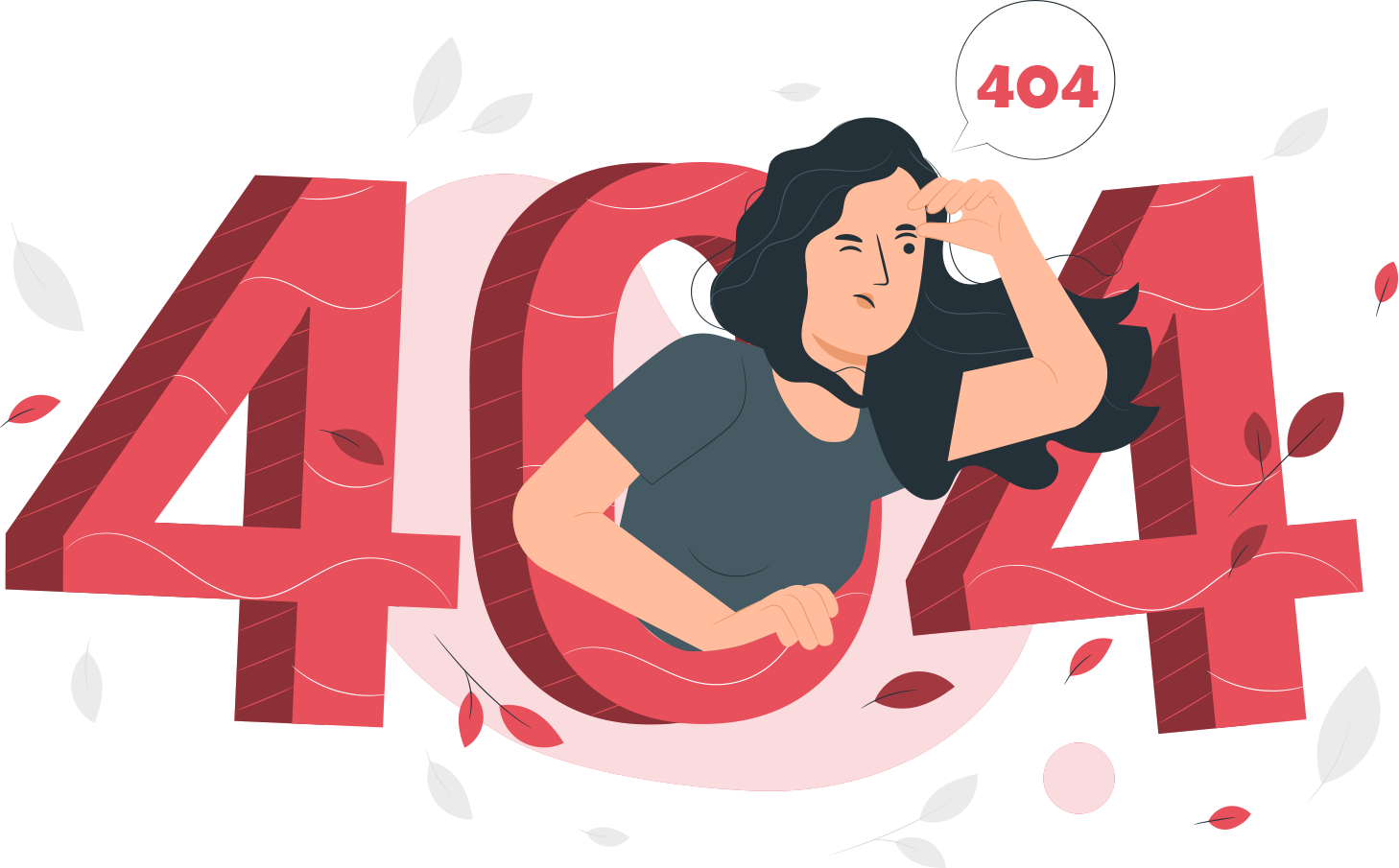
Scan this QR Code to download the App
What can the Legal Experts do for you? Our team of lawyers is ready to help you in minutes with any legal question.
Get legal advice online from top rated professional lawyers in India, Insaaf99 Provide 24/7 online legal consultation services at low cost. Consult now. Insaaf99 is not a law firm, or a substitute for a lawyer or law firm. We are also not a "lawyer referral service". Use of this website will be at the sole risk of the user. Use of any service will not create any lawyer-client relationship.
Insaaf99 will not be liable for any consequence of any action taken by the user relying on information or services provided under this website. In cases where the user has any legal issues, he/she in all cases must seek independent legal advice.
Insaaf99 is an online legal advice platform in India that helps in legal related cases. We have more than 1000 active lawyers who are available 24/7 for legal help. like, Business Contract, Property & Real Estate, Legal Notices/Agreement, Website & Digital policies, HR & Labor Compliance.Till now we have won more than 1000 cases, we have more than 7 years of experience lawyers who never learned to lose in his career.
Copyright ©️ All rights reserved.
 Whatsapp
Whatsapp
 Toll Free :-
1800-212-9001
Toll Free :-
1800-212-9001

